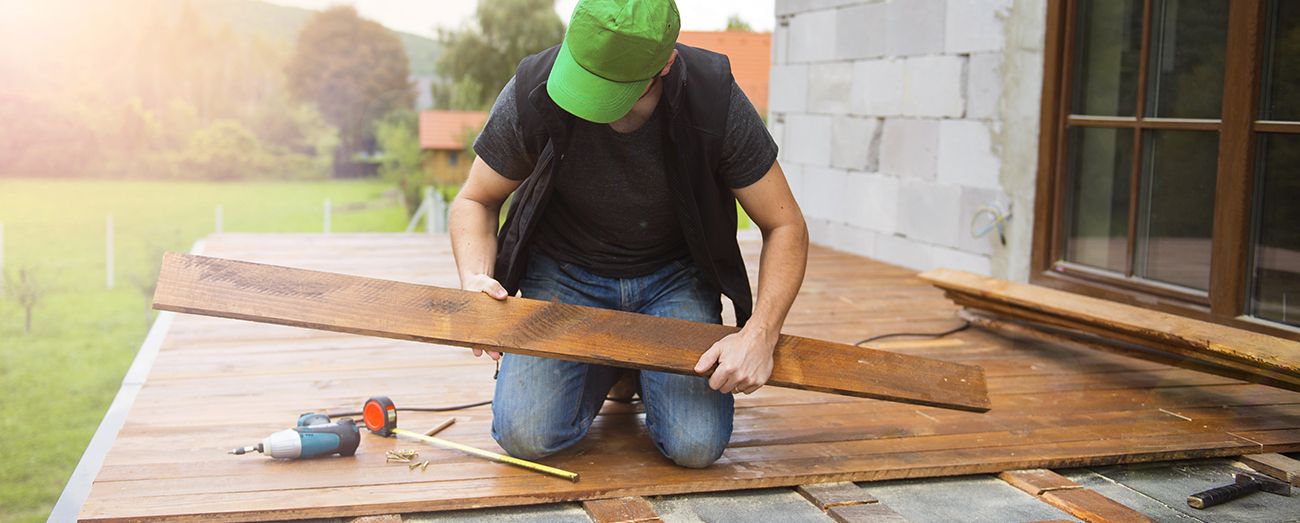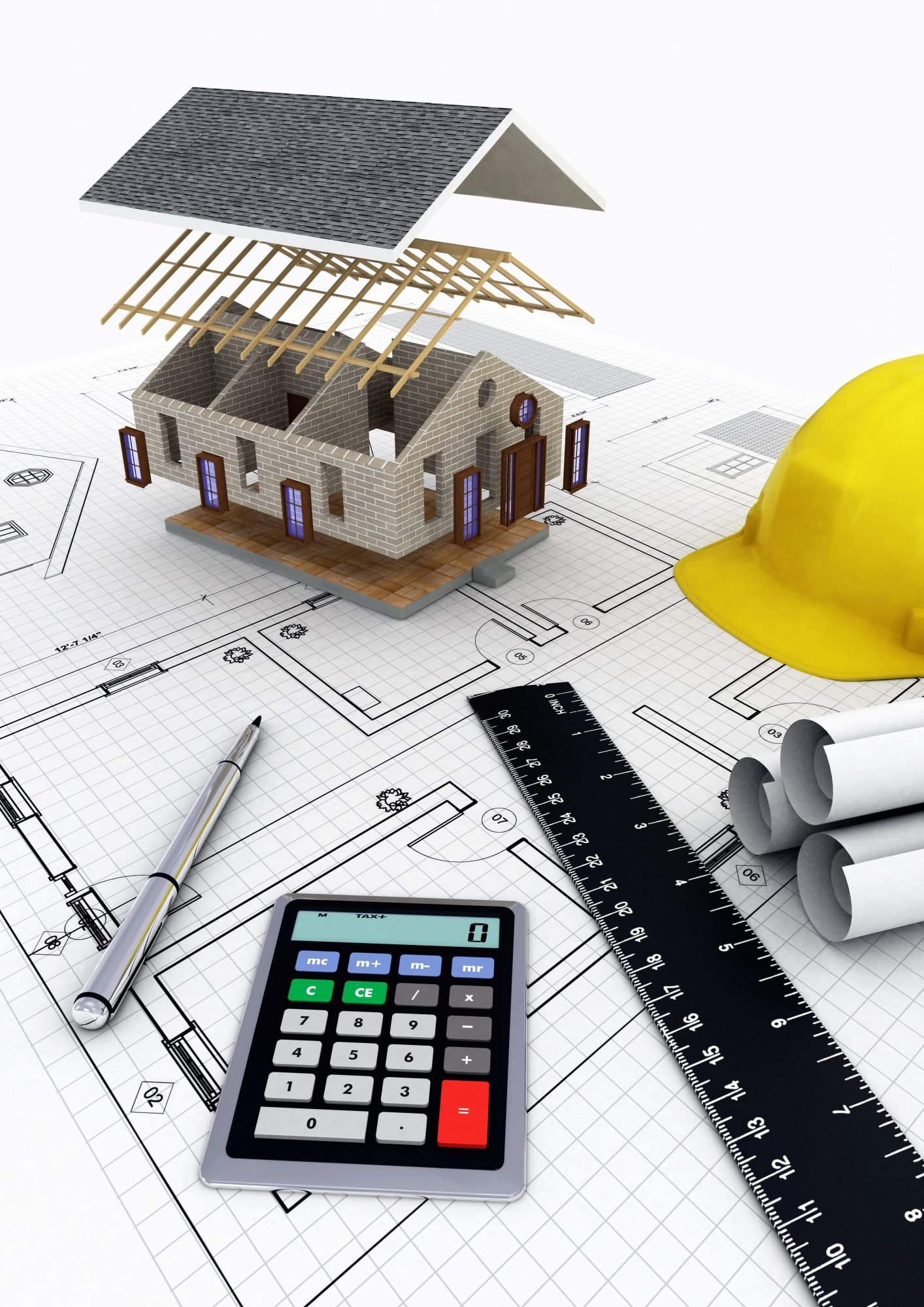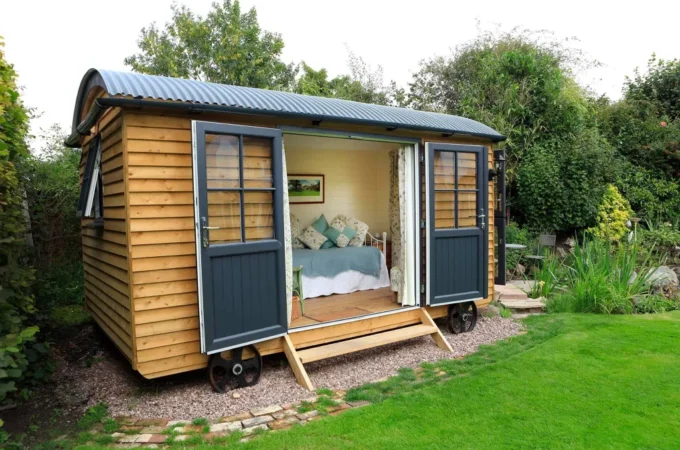
How To Keep Your Self-build Budget On Track
If you are embarking on a self-build project, one of the most crucial tasks is to set a realistic budget and keep it on track. Additional materials and items not being budgeted for correctly can make it all too easy to get carried away, and before you know it, you’ve spent way over your budget. Thankfully, there are some things that you can do to stop costs spiraling out of control and stick to the budget that you set.
Calculate how much your self-build will cost
A budget is essential and ultimately, it gives you peace of mind on what you can afford. It should take into account the size of your project and how you want to manage the project. For example, you could opt for a full turnkey service from a house builder like CB Homes, or have a contract build and manage the other elements yourself.
One of the advantages of opting for a full turnkey solution is that you will have greater control over your costs because you will be quoted a fixed price based on your specification. You’ll receive a personalized plan for your self-build home along with a fixed fee which includes:
- Architect custom design
- FULL Planning submission and management
- Building Regulation and pre-commencement documentation
- Project Build and Management
- Property Certifications
- 10 Year Warranty with NHBC/LABC
- After sales customer care and snagging
If you are opting for a contract build, you will need to keep tighter control over your budget because you will be managing different elements of the project yourself.
Our Self-Build Cost Calculator will help you estimate your costs based on the size of the project.

Factors to consider in the budget
Every self-build project will be different and that can influence the cost. It isn’t just about the size of the property either. For example, if you want a bespoke handmade kitchen or an oak paneled staircase, this can influence the cost of materials that are used.
Here are some factors to consider that can affect the overall budget:
- Ground works, demolition, site clearance and new utilities
- Substructure, foundations, drains, insulation and floor slab
- Superstructure, external walls, internal walls, roof structure and insulation
- Brickwork, roof tiles, doors and windows, wall cladding and gutters
- Building services including, plumbing, heating, ventilation, electrics, doors and stairs
- Plastering, decorating, finishes, flooring, tiling, sanitary and lighting
- Patios, paths, driveway, planting and landscaping
- Site management, welfare, health and safety, scaffolding and fencing
It’s worth mentioning that the two highest costs in your self-build will be the foundations and superstructure. These can take up to 25% of your overall budget, so ensure you get quotes on these before you get carried away with what the property might look like internally.
Foundations and Ground Conditions
Ground conditions can be a blind spot when self-building, and the plot may need significant ground works to make it feasible for build. Land stability is a crucial aspect of any development in order to avoid risks caused by unstable land or subsidence. As such, it’s important that a specialist land surveyor investigates the plot at the earliest possible stage – even before you decide to purchase the plot of land, as this will greatly impact your overall budget.
Split your budget into stages
Sorting your budget into key stages will help you to manage cash flow and prioritize the more costly items. This can be broken down into three main stages:
Stage one: Ground works, substructure and superstructure
Stage two: Materials such as plasterboard, flooring and insulation
Stage three: Internal finishing materials such as door frames, windowsills Kitchens, Bathrooms and staircases
Stay on top of your budget
Throughout your project, it’s important to stay on top of your budget from the outset. Every time you spend on an item, update it onto a spreadsheet against the budget you set. And if you happen to come in under budget for one element, you can allocate the difference to another stage of the project.
Contingency
Many things, both in and out of your control can contribute to a larger spend than predicted and you don’t want to be worrying about payment midway through your project.
To help prevent any nasty surprises at the end, we recommend factoring in a contingency of around 10-15% of the overall budget.
Insurance
Self-build insurance will provide a welcome reassurance against the worst happening. This won’t be covered by your existing building insurance if you are doing a demolition. Building your own home is such a big investment so don’t risk it without adequate insurance in place.

Factor in VAT
Finally, remember that some contractors and suppliers you use will be VAT registered, so ensure that you add in the additional 20% VAT to your budget where applicable. This can be redeemed through your builder or through HMRC at the end of your project.
Concerns about budgeting and managing hidden costs are widespread when embarking on a self-build. That’s why we created our fixed free turnkey package because it provides complete peace of mind and gives you the flexibility to build your dream home around your budget without any cost creep at the end. If this is something you would like to discuss further, get in touch with Cheshire-based house builders, CB Homes.




